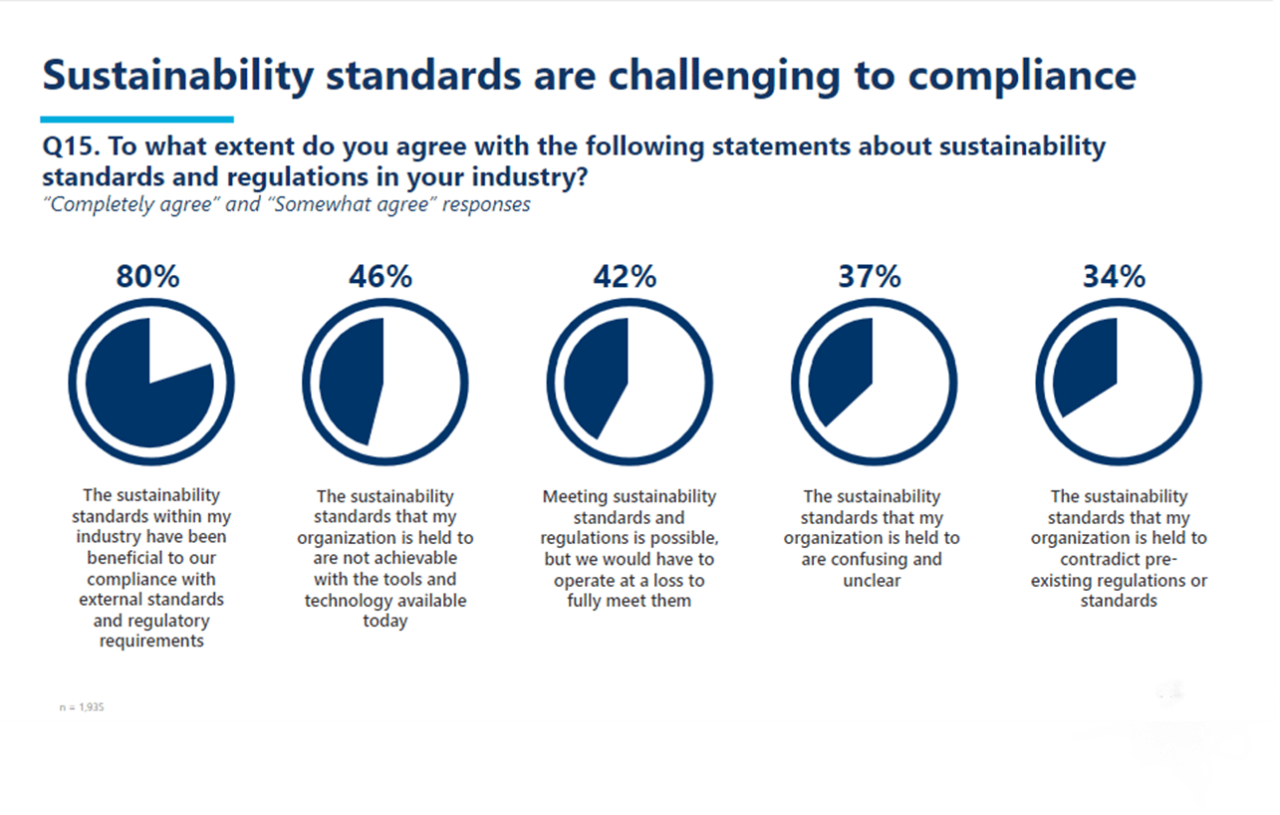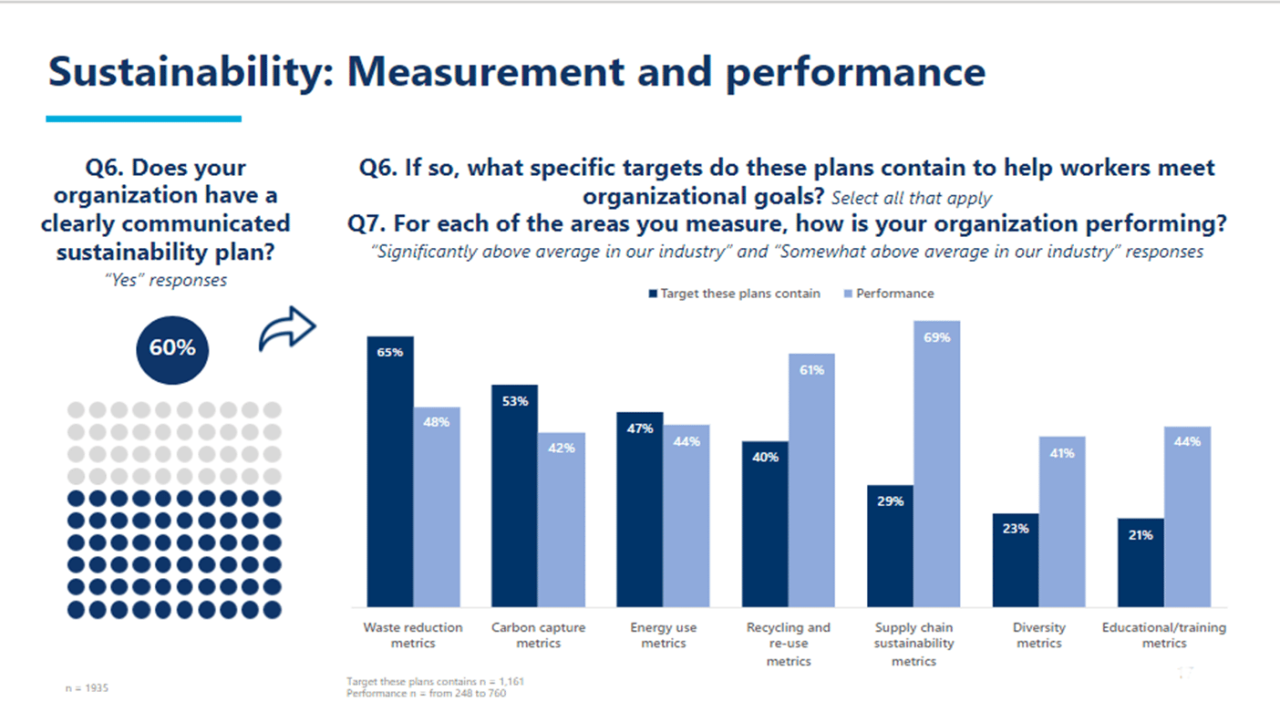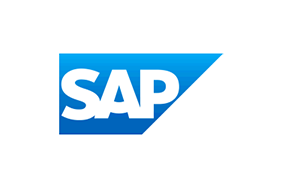Sustainability Wins a Seat at the Table
By Claudia Cortes
Published 06-14-22
Submitted by SAP
Two weeks ago, global business and political leaders met at the annual World Economic Forum in Davos to discuss geopolitical and environmental challenges. The need to move towards a net-zero economy, regenerative businesses, and an inclusive global economy were the key topics on the agenda.
Working with Oxford Economics, SAP polled a sample of nearly 2,000 executives to understand how they are meeting their commitments when the value of sustainability is still a work in progress.
The SAP and Oxford Economics study explores how executives are more eager to make their organizations more sustainable, citing increased efficiency (58%), improved brand reputation (46%), and the ability to meet customer needs (44%).

The results show that topics such as climate change, regenerative business, and diverse workplaces are on top of executives’ agendas. Close to 63% of the surveyed executives indicated that their company has a formal sustainability plan in place already. Many of these executives also agreed that private businesses must take the lead to achieve net-zero.
While businesses are fully aware of the fact that climate change is a dire issue, executives are less optimistic about how to close the gap from ambition to action. Close to 37% of respondents still consider their organization’s standards confusing and unclear.
In fact, while executive awareness is increasing in some industries and nine out of 10 respondents say that their organization prioritizes diverse and inclusive work as part of sustainable policies, few prioritize these efforts as they should. Among the 60% of organizations that have a clearly communicated sustainability plan, less than a quarter include targets for diversity metrics.
Most importantly, while the survey reveals that most executives have outlined a clear sustainability strategy for their respective companies, most do not view their organization’s sustainability as dependent on outside systems. Just 28% say the success of sustainability initiatives depends on vendors and suppliers and only 27% have well-established policies for how to work with regulators to ensure sustainable practices.

When it comes to data, the study reinforces the role of data transparency and the need for integrated and holistic reporting. Having access to the right data helps leaders to identify cost savings and revenue opportunities, assess environmental impact, and recruit the best talent. However, most companies still struggle to integrate data across the value chain.
According to the SAP and Oxford Economics study, 53% of respondents report that insufficient data management skills in their organization make it difficult to achieve sustainability; 54% report difficult cleansing redundant data sets; 55% find it difficult to manage separate processes for internal and external software; and 55% have difficulty sharing data between different kinds of software.
Many companies recognize that closing the gap for a greener future is still a work in progress as they try to comply with regulations, access integrated data, and establish a diverse and inclusive workplace. Although these goals are not fully achieved and slow in motion, these are significant steps to add sustainability to every conversation where global business and political leaders coincide.
Read the full research report.

SAP
SAP
SAP’s strategy is to help every business run as an intelligent, sustainable enterprise. As a market leader in enterprise application software, we help companies of all sizes and in all industries run at their best: SAP customers generate 87% of total global commerce. Our machine learning, Internet of Things (IoT), and advanced analytics technologies help turn customers’ businesses into intelligent enterprises. SAP helps give people and organizations deep business insight and fosters collaboration that helps them stay ahead of their competition. We simplify technology for companies so they can consume our software the way they want – without disruption. Our end-to-end suite of applications and services enables business and public customers across 25 industries globally to operate profitably, adapt continuously, and make a difference. With a global network of customers, partners, employees, and thought leaders, SAP helps the world run better and improve people’s lives.
More from SAP

